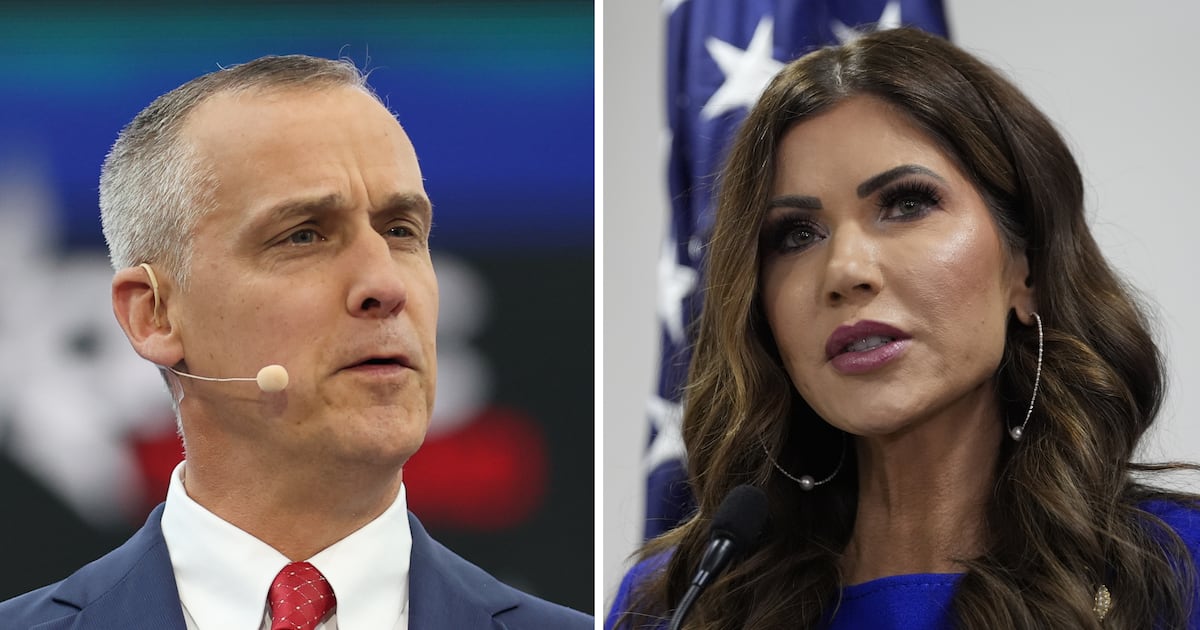
It is a tragedy when a perfectly good political sex scandal goes to waste. It’s especially tragic in Los Angeles, which famously lacks the kind of public narratives that dominate news cycles and force citizens to pay attention to their elected leaders.
Los Angeles’ latest missed opportunity arrived last week with the glorious news that Mayor Antonio Villaraigosa, whose marriage broke up a few years back after an affair with a political reporter for a Spanish-language TV station, had been caught dating yet another TV newswoman, Lu Parker.
Is privacy for public figures good for a place as apathetic as L.A.? Perhaps it is time for reporters and politicians to rise above principle, for the greater good.
The story’s beginnings were promising. Villaraigosa is separated from his wife, but his divorce is not final, thus giving the new relationship a jolt of naughty electricity. Parker is a former Miss USA who has modeled and kept a personal Internet page that included a bikini shot.
Best of all, the relationship between Villaraigosa and Parker was discovered after the two were photographed together at Chevalier’s Books, an independent bookseller in an L.A. neighborhood called Larchmont, a village of walkers within the car-crazy metropolis. It is possible that no affair has been exposed in a more politically correct venue. Small-business owners, environmentalists, and neighborhood activists would have to take notice. As an Angeleno, the early reports filled me with civic pride—this was proof that, for all the nasty stereotypes about our lack of intellectual depth, we are a profoundly literary city.
I waited eagerly for followup reports, in hopes that all of Los Angeles would devour every salacious morsel of news—and perhaps pay more attention to city government in the process.
Within hours, the moralizing Los Angeles local media had bungled this heaven-sent opportunity. Instead of digging up racy details of the liaison, the media turned the story into a snoozefest over professional ethics. Had Lu Parker, beauty queen reader of news for KTLA, compromised her journalistic objectivity? Had the mayor once again gotten too close to those covering him? Yawn. The print media focused on the boring angle of how this might affect Villaraigosa’s chances in the California governor’s race in 2010—a contest that few outside Sacramento care about and that the mayor has not yet officially joined.
Worst of all, executives at Parker’s own station, the independent KTLA (full disclosure: KTLA is owned by the same bankrupt Chicago company that owns my former employer, the L.A. Times), publicly declared the relationship “a personal matter” and a “nonstory.” They declined to cover this.
Why is that such a problem?
There’s a serious answer. Southern California faces a deep crisis of civic engagement. So few people pay attention to public matters locally that it’s impossible for elected leaders to govern the place.
Election turnout demonstrates the problem. Fewer than 20 percent of Los Angeles voters bothered to show up for a crucial statewide special election last month. Recent city elections have drawn even lower turnout than that; fewer than 7 percent of registered voters cast ballots in May 2007. This year, Villaraigosa was re-elected in an election that saw just 15 percent of registered voters turn out. In a city of 4 million people, the mayor managed to win a four-year term with less than 153,000 votes.
What could change that? Studies have shown that competitive elections with well-known personalities drive voter turnout and public interest. But Los Angeles has few such personalities. The city’s print media, once the way such personalities were discovered, is dying. Local TV news outlets largely ignore politics and government. Sex and celebrity dominate their broadcasts.
So when a political story offers a little of both, it’s journalistic malpractice not to pursue it obsessively.
The Villaraigosa-Parker relationship should have become the dominant local news story. Every possible question should have been asked. Does Parker spend the night at the mayoral mansion (Taxpayers want to know)? Have the couple spent any time together in the mayor’s office? What are Parker’s own political views? Does she have pet issues? Is she offering him any advice behind the scenes? Coverage of the relationship could have provided cover for reporting on real news. How is the mayor’s new love affecting his ability to pursue his agenda? (This would give the media a chance to explain what his policy agenda is, something most voters don’t know.) What do members of the city council, the police chief, or the union leaders involved in the budget fight think of the relationship?
Villaraigosa and Parker seem perfectly content that the story hasn’t had legs. The newscaster isn’t talking. Villaraigosa told reporters who asked, “I’ve got a right to a personal life. I have a right to privacy.”
That’s a principled position; as a longtime political reporter, I’m sympathetic. I felt dirty when news required me to write about politicians’ private lives, and tried to avoid such duty whenever possible. But is privacy for public figures good for a place as apathetic as L.A.? Perhaps it is time for reporters and politicians to rise above principle, for the greater good.
While I’m not suggesting betrayal or deceit, the mayor, newly single, might do his part by openly dating a steady stream of beautiful and glamorous women. Heck, he might consider dating more than one TV anchor at a time. Such behavior would be in the public interest if it forced media outlets—and all Angelenos—to pay a little more attention to their government.
Joe Mathews is a journalist, an Irvine senior fellow at the New America Foundation, and a contributing writer at the Los Angeles Times. He previously served as Justice Department reporter for The Wall Street Journal and as a city desk reporter at the Baltimore Sun. He is the author of The People’s Machine: Arnold Schwarzenegger and the Rise of Blockbuster Democracy.






